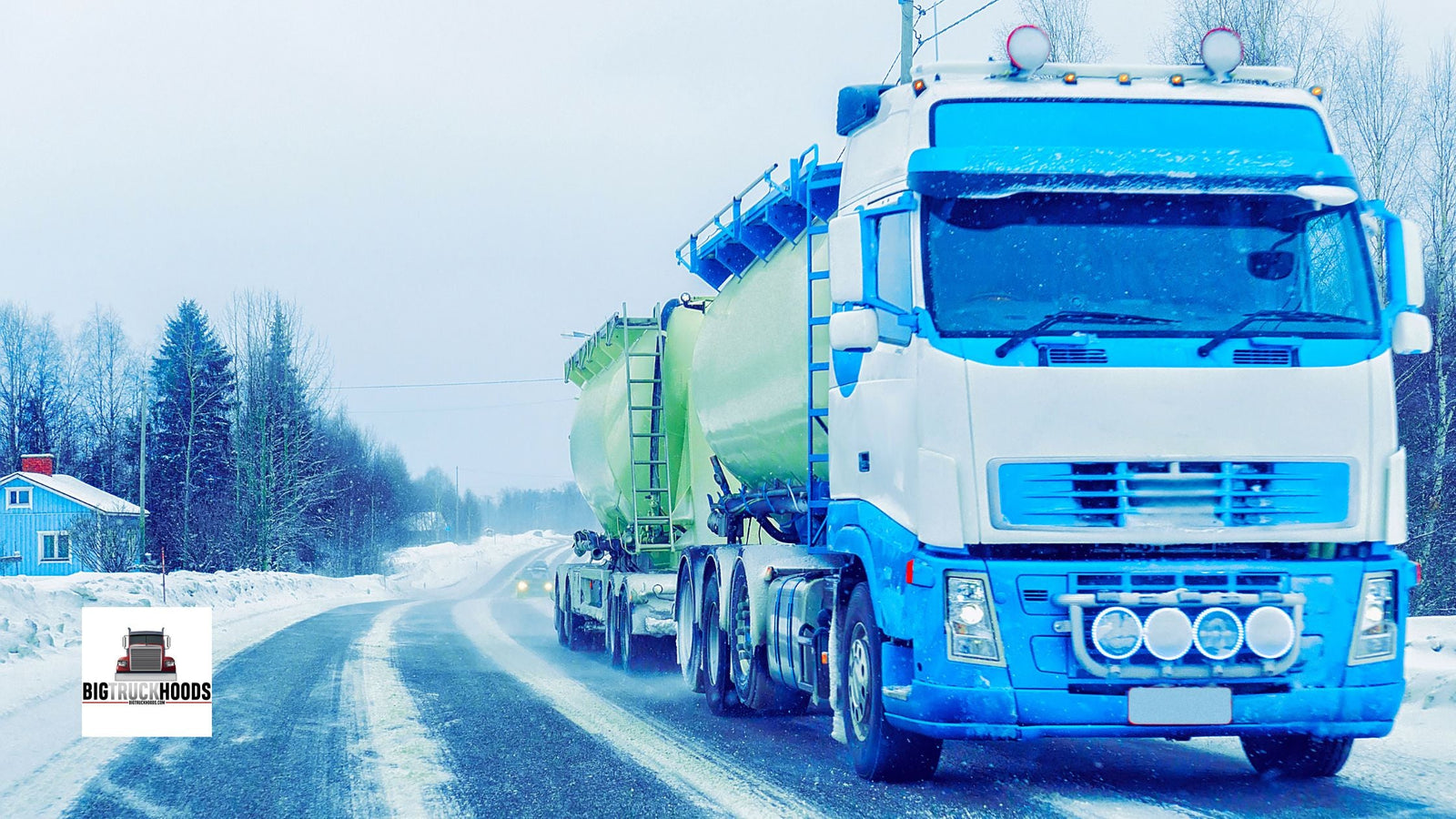As temperatures drop, the risk to diesel trucks increases significantly. Preparing your fleet for winter is crucial to avoid breakdowns and ensure operational efficiency. Here are eight tips to help you winterize your diesel trucks effectively, ensuring they remain reliable even in the coldest months.
1. Treat Your Diesel Fuel for Low Temperatures
Properly treating your diesel fuel for the expected lowest temperature is critical to prevent gelling. Consider the coldest regions your trucks will operate in and add the appropriate fuel additives to match these conditions. This ensures your fuel remains fluid and your trucks are operational.
2. Utilize Block Heaters Correctly
Block heaters help maintain engine temperature, not warm it from cold. To maximize their efficiency, plug in your trucks while the engine is still warm. This practice helps retain the engine heat, reducing wear during cold starts.
3. Safely Unplug Before Starting
Always remind drivers to unplug the block heaters before starting the truck. Leaving the heaters plugged in even for a few seconds after the engine starts can damage them, leading to unnecessary repair costs.
4. Avoid Idling to Warm the Engine
Idling a cold engine to warm it is less effective than driving. To properly warm your truck, drive it gently after it reaches maximum oil pressure. This warms the engine, transmission, differential, and suspension more effectively and reduces the risk of fines associated with unnecessary idling.
5. Regularly Drain Water from Fuel and Air Systems
In colder weather, water condensation in your fuel and air systems can lead to serious issues. Daily drainage of air tanks and fuel water separators is essential to remove moisture and prevent freezing and filter clogging.
6. Connect Air Hoses Properly
Ensure that air hoses are securely connected to prevent brakes from freezing. Incorrectly connected hoses can lead to brake system failures, especially in freezing conditions.
7. Use Brake Line Anti-Freeze Correctly
If moisture is detected in the air lines, add a cap full of brake line anti-freeze to the emergency (red) side only. Avoid using it on the blue side to prevent the brakes from locking up. Always use company-approved anti-freeze to avoid damaging the brake system.
8. Check for Secure Gladhand Connections
Ensure that gladhand connections are tight. Loose connections can detach during driving, leading to air system issues and unnecessary air compressor cycling. A secure fit is essential for safety and efficiency.
Maintaining Your Fleet During Winter
Regular checks at truck stops for pump filter changes and ensuring your fuel is adequately treated and tested for Cold Filter Plugging Point (CFPP) can save your fleet from winter fuel issues. Inquire about the fuel type and treatment to ensure compatibility with winter conditions.
Preparing your fleet for winter doesn’t just prevent breakdowns; it also ensures the safety of your drivers and the reliability of your deliveries during the toughest months. By following these eight tips, you can enhance the winter readiness of your diesel trucks and avoid the common pitfalls of cold weather operations.

